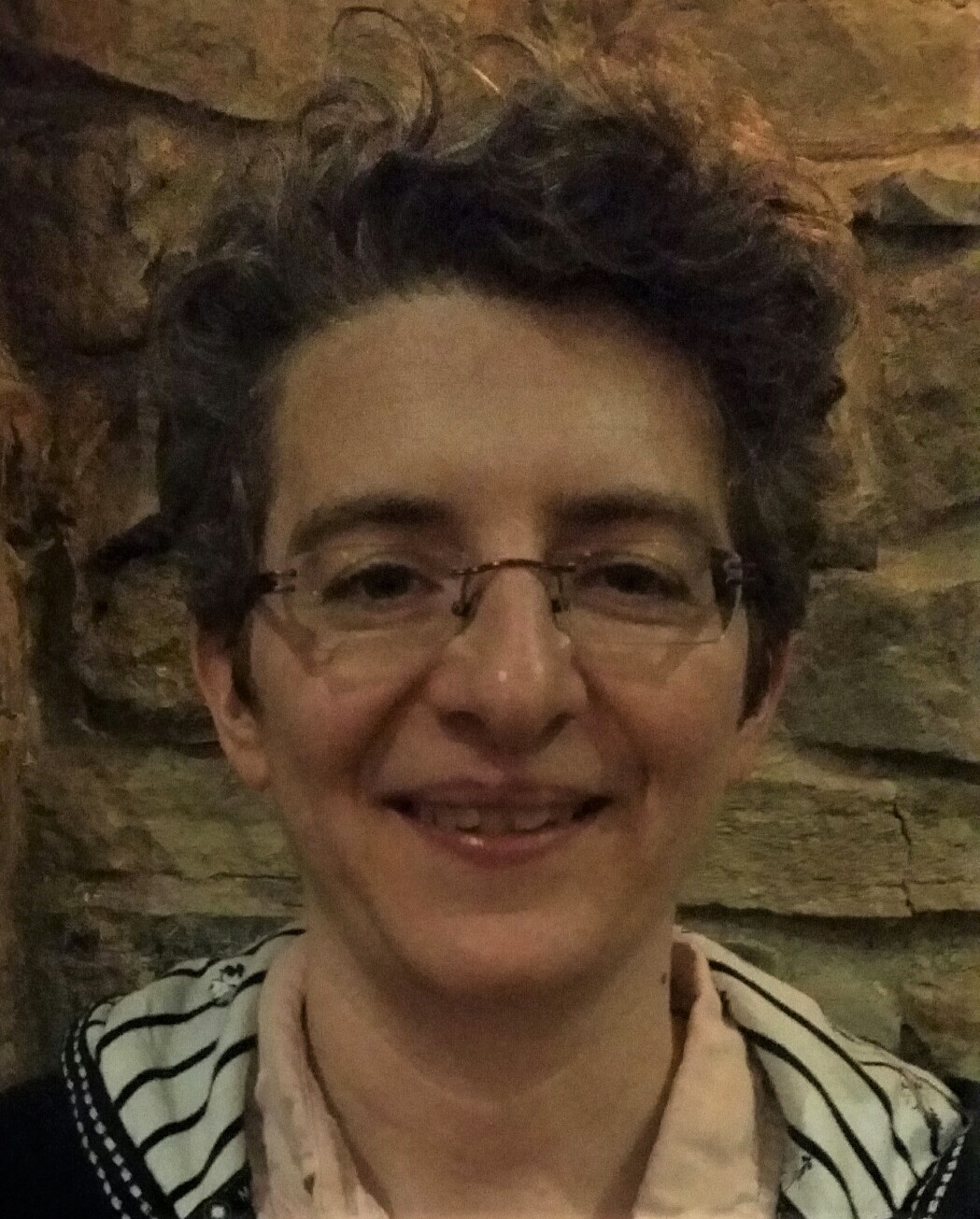Extending the capabilities of data-driven reduced-order models to make predictions for unseen scenarios
- Date
- Friday 18 November 2022, 11am
Friday 18th November - 11am – 12:30 pm
University of Leeds - Worsley Seminar Room 8.20Q
Speaker - Dr Claire Heaney (Imperial College London)

Abstract:
This presentation will summarise a couple of research directions involving machine learning and computational science before focusing on the main topic of data-driven reduced-order models (DDROM). Often involving neural networks, DDROMs can suffer from an inability to generalise well (that is, they can produce good results for the data they have been trained on, but poor results for unseen scenarios). The proposed method involves two additional steps in that of a ``standard’’ DDROM: the first sub-sampling and the second domain decomposition. These two relatively simple techniques lead to enormous potential gains for DDROM. Results presented here will show that the resulting DDROM is no longer tied to the computational domain from which the training data was obtained. This means that training data can be obtained from a smaller domain and reapplied to much larger domains. The method is demonstrated on 2D flow past buildings as presented in [1].
[1] Heaney, Liu, Go, Wolffs, Salinas, Navon and Pain. Extending the Capabilities of Data-Driven Reduced-Order Models to Make Predictions for Unseen Scenarios: Applied to Flow Around Buildings. Frontiers in Physics 10: 910381 (2022) https://doi.org/10.3389/fphy.2022.910381
About Claire:
Claire’s research interests lie in the fields of reduced-order modelling, machine learning and the combination of these technologies. She has worked in the Applied Modelling and Computation Group at Imperial on a number of projects including MUFFINS (MUltiphase Flow-induced Fluid-flexible structure InteractioN in Subsea applications) and RELIANT (Risk EvaLuatIon fAst iNtelligent Tool for COVID19). Prior to this Claire has held PDRA positions at Cardiff University, Durham University and Plaxis (a Dutch company which produces geomechanics software). She has a PhD from Cardiff University's School of Mathematics.
